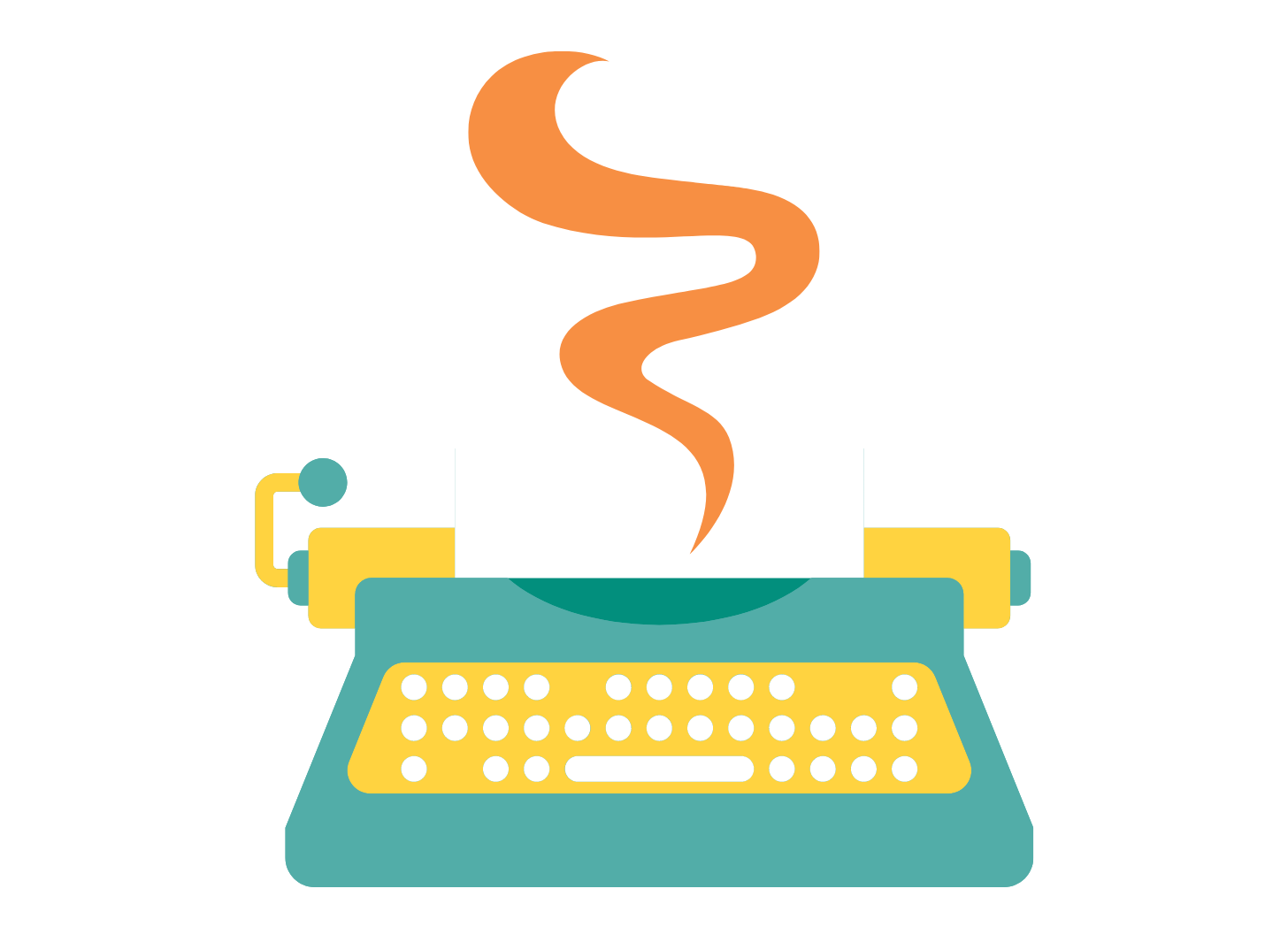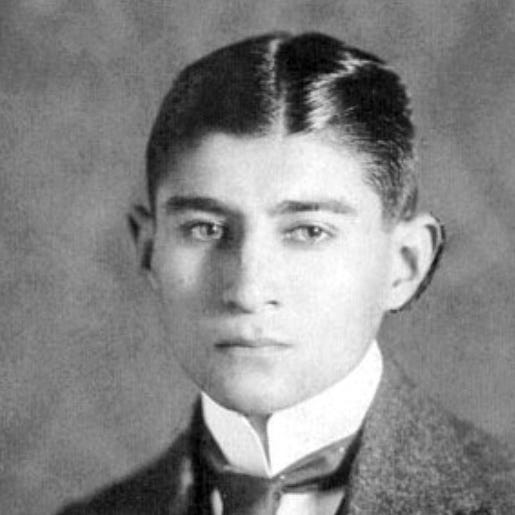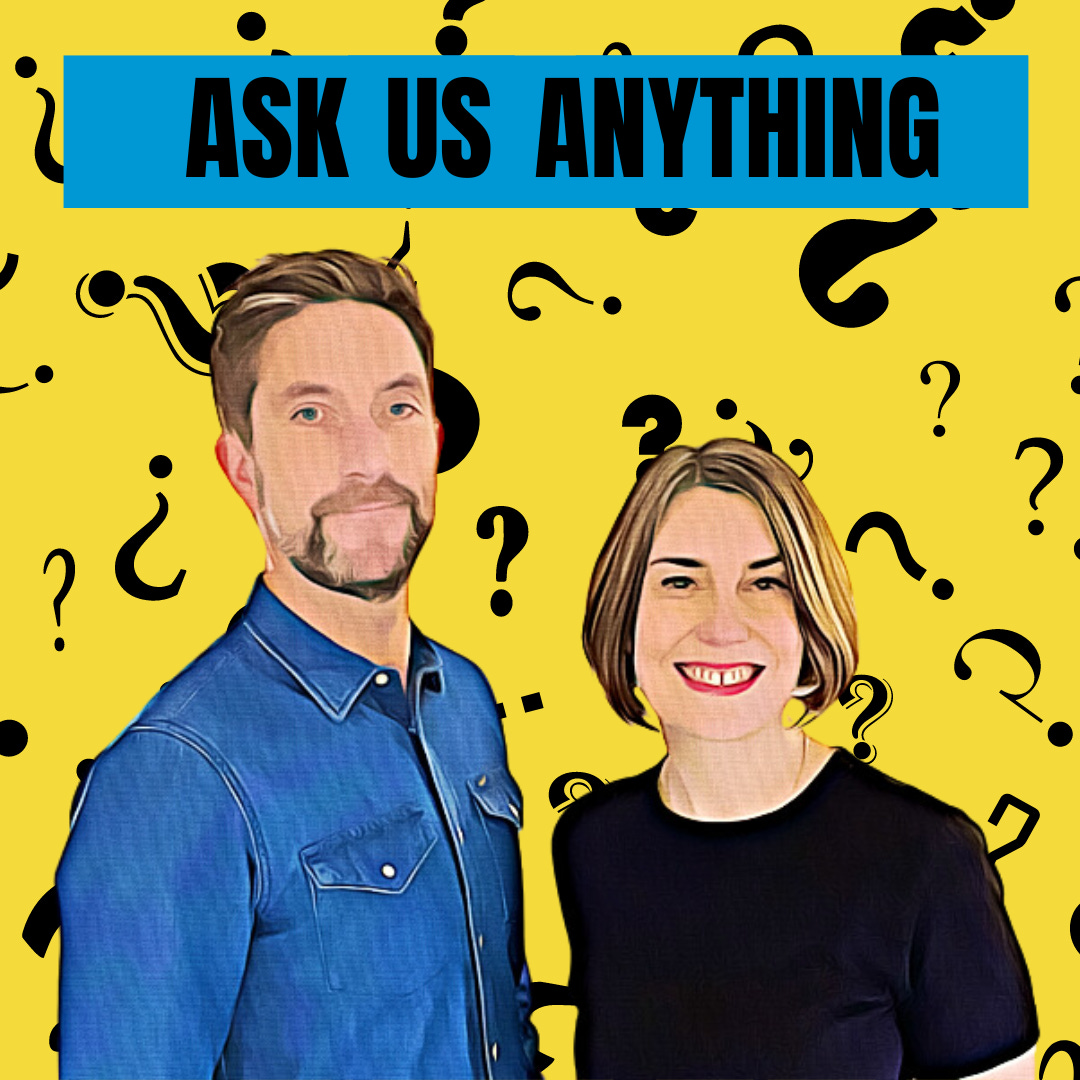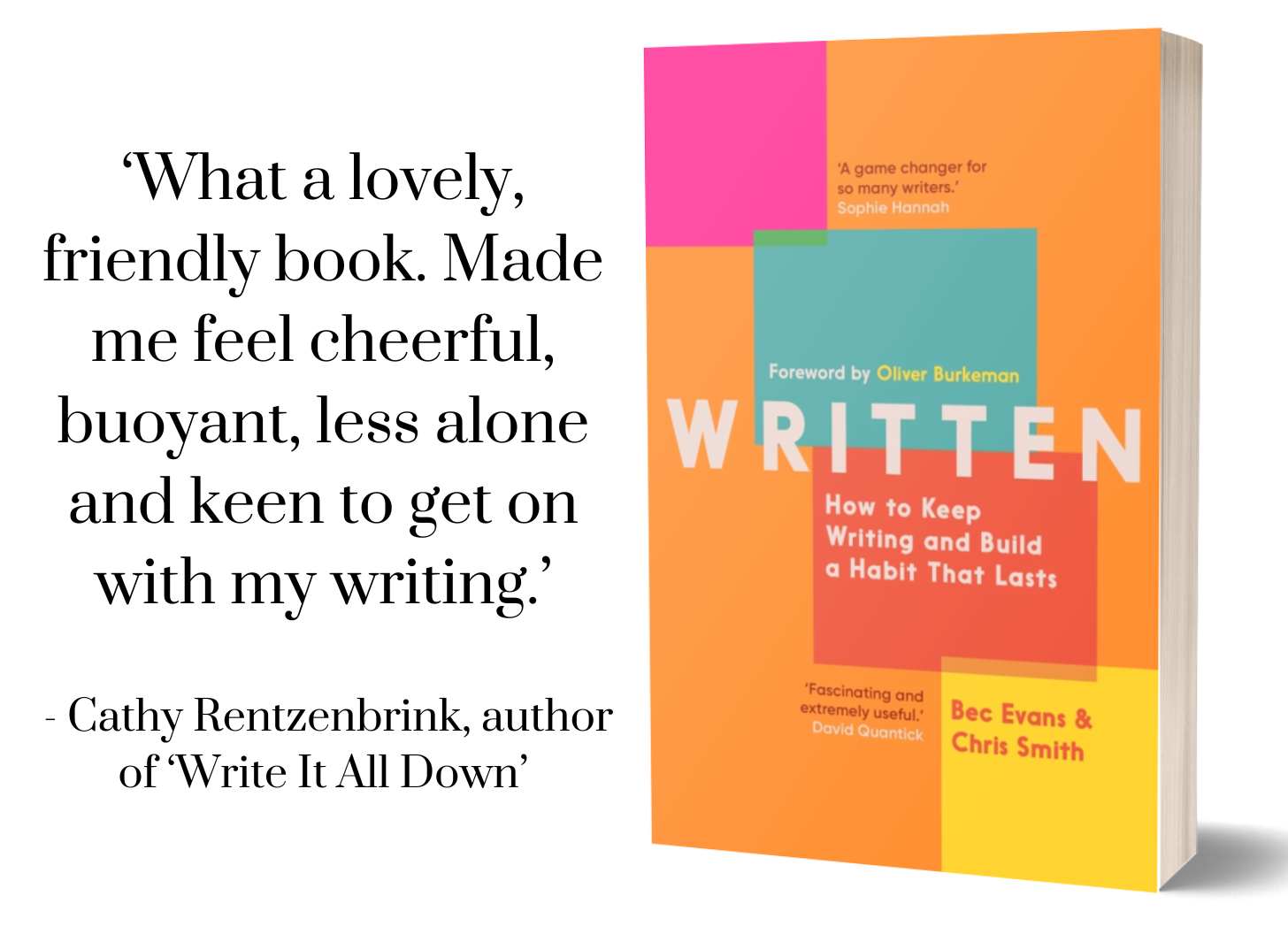The scent of writing
Can the smell of rotting apples help you to write? A tip from Friedrich Schiller to trigger a routine & how to use your sense of smell to support your writing.
Friedrich Schiller the German poet, playwright and all round creative polymath kept a drawer full of rotting apples in his studio. Their decaying smell, so he claimed, was necessary to feel the urge to write. The author Mason Currey wrote:1
“These long hours of night time composition - fuelled not only by coffee, wine, chocolate, and the smell of rotting apples … probably contributed to his sickly constitution and constant physical maladies. Yet Schiller could not abandon the habit; it was the only reliable method to guarantee himself the long, uninterrupted stretches of time he needed to be productive.”
Mason Currey
A cue to write
While many things can trigger a writing routine, our sense of smell is often neglected. It is considered a buried sense as it bypasses the processing parts of our brain to connect directly to emotional memory (more on this below).
It is also much unloved. One study found that 25% of college students would give up their sense of smell to keep their smart phone and 50% would give it up to keep their hair.2
But in relinquishing our sense of smell, we miss out on evoking powerful memories, and a fun way to trigger a routine and associate pleasant experiences with our writing. The very things that build habits and help us to keep going.
Remembrance of writing past
As is the rule when writing about smells, I need to summon Proust and his much quoted passage on the ‘exquisite pleasure’ that invaded his senses when he dipped a madeline cake into tea.
He describes, beautifully, what is called ‘involuntary autobiographical memory’, when a smell encountered in every day life, evokes recollections of the past.3
Drawing with my nephew this past Christmas, I took the lid off a felt tip pen and was transported back to my own childhood scribbings. In the same way, the scent of sharpies recalls carefully crafted revision timetables and a whiff of joss stick and I’m back in my student bedroom burning them to mask my post-essay-writing celebratory cigarette (sorry Mum).
How do you like them apples?
This emotional memory can be helpful for our mood. Back to the stench of apples.
I imagine when Schiller got stuck or blocked, that he opened his drawer and took a deep sniff of semi-decomposed fruit to calm and reassure him to return to the page.
Dr Rachel Herz, a neuroscientist and expert on the psychological science of smell, says we can engineer associations with scent that create ‘specific mindful, positive mood states’.4
That’s how I want to feel when I sit down to write!
Create a sense association
Dr Herz says that the key to creating a scent association is for it to be a specific smell, not something you encounter a lot. It’s the weirdness and specificity of Schiller’s apples that makes it so effective.
Smells can also be a cue for action. As the habit loop shows us, we can trigger specific routines.
When we interviewed writer Wyl Menmuir for our book5 he said he couldn’t write without coffee. He takes a very intentional approach to his brews, so that the scent (and taste) of coffee is a trigger to write. Menmuir told me that he designed a mental model based on if/then planning, stating ‘if coffee/then writing.’
This is how habits are built, just like Schiller walking into his writing room, a background scent of rotting apples reminding him it is a place for creation.
Other writers build this into their routine - Japanologist and writing mentor Beth Kempton lights a candle as part of her early morning writing ritual as seen here on Instagram.
Use your sense of smell to support writing
In the same way that some writers create playlists for certain projects, can you find a scent for your work in progress?
Keep it on your desk or in your writing backpack along with your notebook and pens.
Do you want to associate smells with different types of writing, for example, I was wondering does writing this newsletter smell different to non-fiction or novelling?
What about the different stages of writing - does one smell encourage you to research and have ideas, another to free write, draft or edit?
Think about how you want it to be released - is it a scented candle, a perfume, a specific pen or brand of stationery, or something to eat or drink like Proust’s madeline dipped in tisane?
Don’t forget that smells can be rewards at the end of a writing session when you get to take the lid off the biscuit tin or uncork a bottle of wine! This positive association embeds a sense of satisfaction for having done the work that will make it more likely you return to your writing. Though, it could make it more likely you’ll return to the biscuit tin.
Share your smells
Have you, like Proust, shuddered ‘filling me with a precious essence’ or is there a time of writing past you wish to be transported back to?
Let me know if this newsletter has evoked a writing recollection, made you think about the smells around you now, or triggered ideas for future scents. I’d love to hear - add a comment below or send me a ❤️
If you’d like to explore this further, I’ve added some recommendations below and popped Proust’s famous passage in the footnotes6 - it might make a nice writing prompt.
Keep writing! Bec
Some smelly recommendations
🎧 ‘The Sweet Smell of Happiness’ from The Happiness Lab with Dr. Laurie Santos which led me to the work of Dr Rachel Herz
✨ Life in Five Senses: How Exploring The Senses Got Me Out Of My Head and Into The World by Gretchen Rubin - after reading this last year, I bought a party game she recommended called What’s That Smell? to play with my family.
🙌 Two books I return to again and again for weird and wonderful creative routines are Mason Currey’s Daily Rituals. We interviewed him in 2014 Daily rituals and quirky habits: Q&A with writer Mason Currey and again in 2020 Mason Currey’s top tips for wriggling through with daily rituals
His newsletter is just brilliant, you can read via Substack and sign up.
Sign up to Ask Us Anything
If you want help to keep going, pop along to our free live webinar.
Got any questions on battling procrastination, finding time, or building a writing habit? Let us help. Sign up here.👇
How to Keep Writing: online Q&A with Bec and Chris
Thursday 29 February 2024 6PM GMT / 1PM EST / 10AM PST
➡️ Sign up on Zoom to join live or get the recording
Last but not least
‘The Sweet Smell of Happiness’ from The Happiness Lab with Dr. Laurie Santos
Hands up, I’ve not read In Search of Lost Time by Marcel Proust. I have read and recommend Alain De Botton’s How Proust Can Change Your Life. And Wikipedia.
Dr Rachel Herz, speaking on the Happiness Lab, above.
Bec Evans & Chris Smith, Written: How to Keep Writing and Build a Habit That Lasts
“No sooner had the warm liquid mixed with the crumbs touched my palate than a shudder ran through me and I stopped, intent upon the extraordinary thing that was happening to me. An exquisite pleasure had invaded my senses, something isolated, detached, with no suggestion of its origin. And at once the vicissitudes of life had become indifferent to me, its disasters innocuous, its brevity illusory – this new sensation having had on me the effect which love has of filling me with a precious essence; or rather this essence was not in me it was me. ... Whence did it come? What did it mean? How could I seize and apprehend it? ... And suddenly the memory revealed itself. The taste was that of the little piece of madeleine which on Sunday mornings at Combray (because on those mornings I did not go out before mass), when I went to say good morning to her in her bedroom, my aunt Léonie used to give me, dipping it first in her own cup of tea or tisane. The sight of the little madeleine had recalled nothing to my mind before I tasted it. And all from my cup of tea.” Marcel Proust, In Search of Lost Time












I had the most fun writing this post - it's been on my mind for a year after reading Gretchen Rubin's 'Life in Five Senses'. It was meant to be a short tip - but I wrote too much - not all of it made it through to this post. I'm trying to focus on the joy of writing for Substack - so this one is a bit of an experiment combining a tip with a longer post. I hope you like it ❤️
When I was writing my first book, I'd light the same candle at my table everyday and had, nearby, a little rollerball of essential oils I thought might keep my senses and mind alert. Whether they worked or not, the ritual of scent did, I believe.
I've lost that ritual, over the years, but would love to bring it back! Thanks for the reminder.